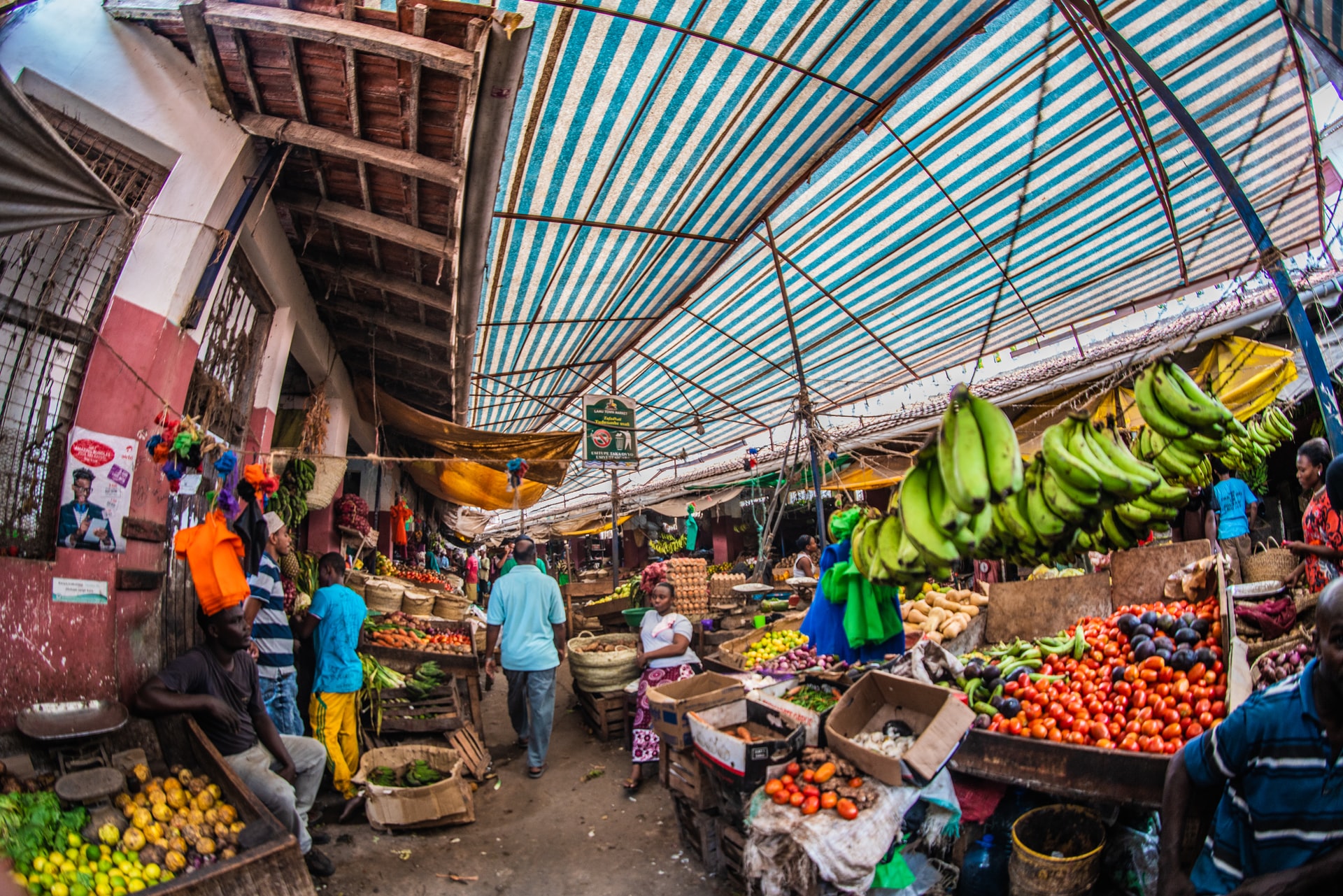Why re-invent the wheel? We have been here before with HIV
When COVID-19 first emerged, plenty of myths and outright falsehoods began to circulate. Obyerodhyambo’s experience in HIV response over the last two decades offered him a context for patterns that seemed uncannily familiar – the uncertainty, the myths and misconceptions, people groping in the dark and easily believing all manner of interventions to escape infections and the stigmatization of those who suffer the disease but do not succumb to it. What we had learned from tackling HIV was not being referenced in the COVID-19 response. The article seeks to allay fears and build confidence that there are lessons learned from HIV that could be used now; and to calm frayed nerves and reassure the public that assuming public responsibility could help fight the pandemic and mitigate its impact. Using his mother’s trepidation about the virus is meant to ground it for those reported as most vulnerable – the aged and those with underlying conditions. At the same time, the article demonstrates that communication systems that had evolved courtesy of HIV were available to communicate about the pandemic.
Is Universal Basic Income the answer to alleviating poverty?
COVID-19 manifested not simply as a health crisis. It decimated the national economy and with it its social fabric. People who live one day at a time, from hand to mouth, with hardly any savings lost their jobs overnight. After imposing strict guidelines to contain the virus, including a stay-at-home directive and a dusk-to-dawn curfew, the state did not offer any economic support to the poor or most vulnerable. While a variety of donors and public benefit organizations stepped in with assistance, those reached were few, and experimentations with cash transfer came to the surface. Models of social support mechanisms to cushion the poor have been experimented upon in different contexts and there are as many proponents of it as there are detractors. This article seeks to shed light on the Universal Basic Income debate, arguing for its treatment as a human rights approach to alleviating poverty.
Edited by Faiza Masood.
